13 results in Key Issues in Modern Sociology
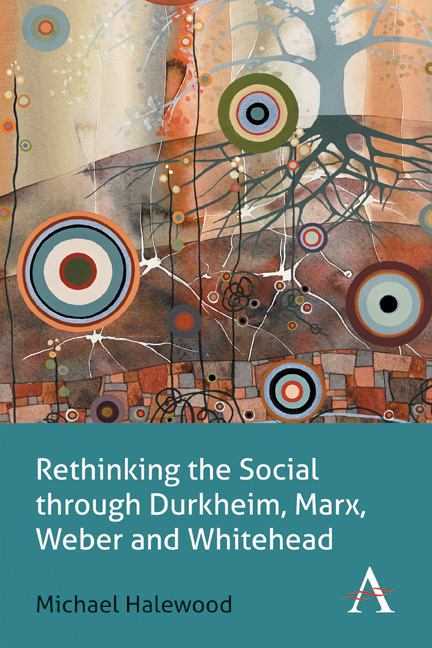
Rethinking the Social through Durkheim, Marx, Weber and Whitehead
-
- Published by:
- Anthem Press
- Published online:
- 05 December 2015
- Print publication:
- 01 December 2014
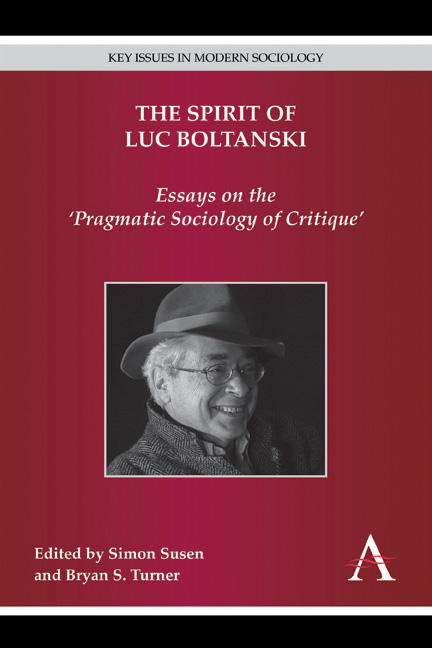
The Spirit of Luc Boltanski
- Essays on the 'Pragmatic Sociology of Critique'
-
- Published by:
- Anthem Press
- Published online:
- 05 December 2014
- Print publication:
- 01 November 2014
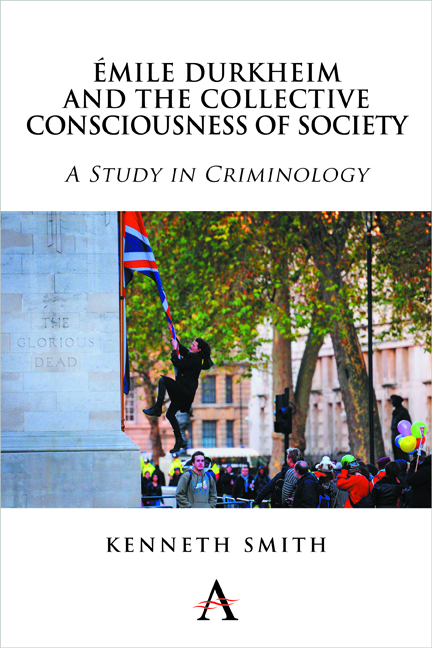
Émile Durkheim and the Collective Consciousness of Society
-
- Published by:
- Anthem Press
- Published online:
- 05 October 2014
- Print publication:
- 01 August 2014
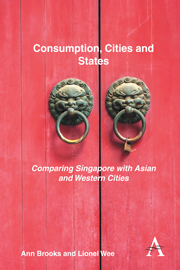
Consumption, Cities and States
- Comparing Singapore with Asian and Western Cities
-
- Published by:
- Anthem Press
- Published online:
- 05 September 2014
- Print publication:
- 15 May 2014

Fighting Scholars
- Habitus and Ethnographies of Martial Arts and Combat Sports
-
- Published by:
- Anthem Press
- Published online:
- 05 March 2014
- Print publication:
- 01 September 2013
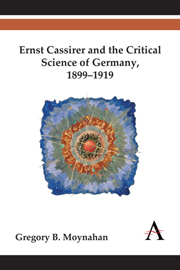
Ernst Cassirer and the Critical Science of Germany, 1899-1919
-
- Published by:
- Anthem Press
- Published online:
- 05 September 2013
- Print publication:
- 15 July 2013

Ageing, Corporeality and Embodiment
-
- Published by:
- Anthem Press
- Published online:
- 05 July 2013
- Print publication:
- 15 May 2013
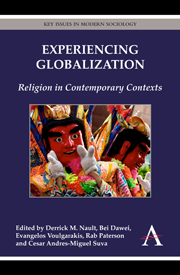
Experiencing Globalization
- Religion in Contemporary Contexts
-
- Published by:
- Anthem Press
- Published online:
- 05 May 2013
- Print publication:
- 01 February 2013
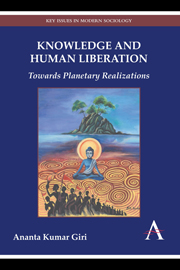
Knowledge and Human Liberation
- Towards Planetary Realizations
-
- Published by:
- Anthem Press
- Published online:
- 05 May 2013
- Print publication:
- 15 February 2013

A Guide to Marx's 'Capital' Vols I-III
-
- Published by:
- Anthem Press
- Published online:
- 05 May 2013
- Print publication:
- 15 November 2012
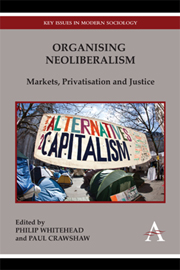
Organising Neoliberalism
- Markets, Privatisation and Justice
-
- Published by:
- Anthem Press
- Published online:
- 05 February 2013
- Print publication:
- 15 September 2012
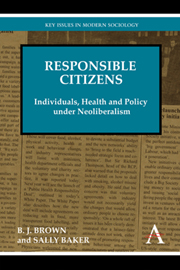
Responsible Citizens
- Individuals, Health and Policy under Neoliberalism
-
- Published by:
- Anthem Press
- Published online:
- 05 December 2012
- Print publication:
- 01 June 2012
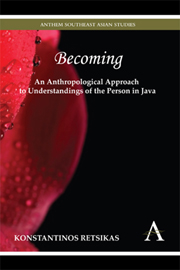
Becoming - An Anthropological Approach to Understandings of the Person in Java
-
- Published by:
- Anthem Press
- Published online:
- 05 November 2012
- Print publication:
- 15 August 2012

